Related Research Articles

Microeconomics is a branch of economics that studies the behavior of individuals and firms in making decisions regarding the allocation of scarce resources and the interactions among these individuals and firms. Microeconomics focuses on the study of individual markets, sectors, or industries as opposed to the national economy as a whole, which is studied in macroeconomics.
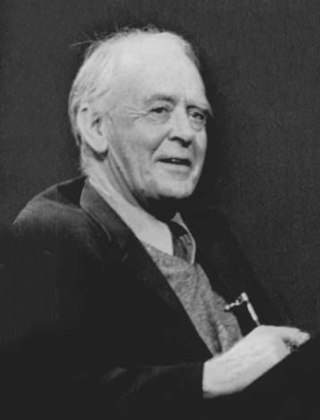
Sir John Richard Hicks was a British economist. He is considered one of the most important and influential economists of the twentieth century. The most familiar of his many contributions in the field of economics were his statement of consumer demand theory in microeconomics, and the IS–LM model (1937), which summarised a Keynesian view of macroeconomics. His book Value and Capital (1939) significantly extended general-equilibrium and value theory. The compensated demand function is named the Hicksian demand function in memory of him.
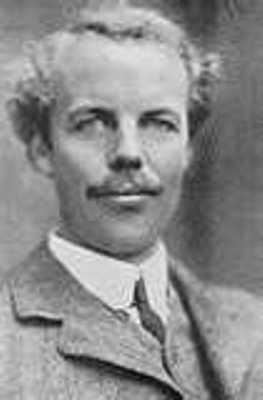
Arthur Cecil Pigou was an English economist. As a teacher and builder of the School of Economics at the University of Cambridge, he trained and influenced many Cambridge economists who went on to take chairs of economics around the world. His work covered various fields of economics, particularly welfare economics, but also included business cycle theory, unemployment, public finance, index numbers, and measurement of national output. His reputation was affected adversely by influential economic writers who used his work as the basis on which to define their own opposing views. He reluctantly served on several public committees, including the Cunliffe Committee and the 1919 Royal Commission on income tax.

The Stockholm School is a school of economic thought. It refers to a loosely organized group of Swedish economists that worked together, in Stockholm, Sweden primarily in the 1930s.
In microeconomics, economic efficiency, depending on the context, is usually one of the following two related concepts:
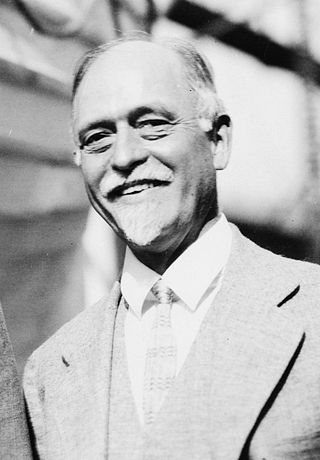
Irving Fisher was an American economist, statistician, inventor, eugenicist and progressive social campaigner. He was one of the earliest American neoclassical economists, though his later work on debt deflation has been embraced by the post-Keynesian school. Joseph Schumpeter described him as "the greatest economist the United States has ever produced", an assessment later repeated by James Tobin and Milton Friedman.

Dale Thomas Mortensen was an American economist, a professor at Northwestern University, and a winner of the Nobel Memorial Prize in Economic Sciences.
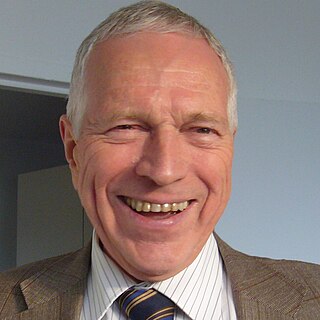
Edmund Strother Phelps is an American economist and the recipient of the 2006 Nobel Memorial Prize in Economic Sciences.

Hilary Adair Marquand, was a British economist and Labour Party politician.
John Broome is a British philosopher and economist. He is emeritus White's Professor of Moral Philosophy at the University of Oxford and emeritus Fellow of Corpus Christi College, Oxford.
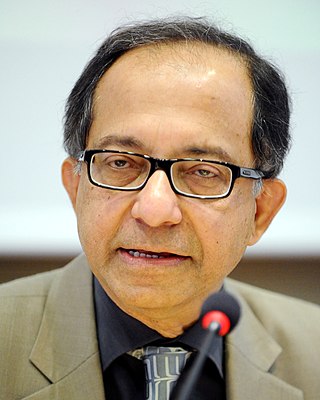
Kaushik Basu is an Indian economist who was Chief Economist of the World Bank from 2012 to 2016 and Chief Economic Adviser to the Government of India from 2009 to 2012. He is the C. Marks Professor of International Studies and Professor of Economics at Cornell University, and academic advisory board member of upcoming Plaksha University. He began a three-year term as President of the International Economic Association in June 2017. From 2009 to 2012, during the United Progressive Alliance's second term, Basu served as the Chief Economic Adviser to the Government of India. Basu is winner of the Humboldt Research Award 2021.
Richard George Lipsey, is a Canadian academic and economist. He is best known for his work on the economics of the second-best, a theory that demonstrated that piecemeal establishing of individual first best conditions would not necessarily raise welfare in a situation in which all first best conditions could not be satisfied, an article that he co-authored with Kelvin Lancaster. He is currently Professor Emeritus of Economics at Simon Fraser University.
David Ernest William Laidler is an English/Canadian economist who has been one of the foremost scholars of monetarism. He published major economics journal articles on the topic in the late 1960s and early 1970s. His book, The Demand for Money, was published in four editions from 1969 through 1993, initially setting forth the stability of the relationship between income and the demand for money and later taking into consideration the effects of legal, technological, and institutional changes on the demand for money. The book has been translated into French, Spanish, Italian, Japanese, and Chinese.
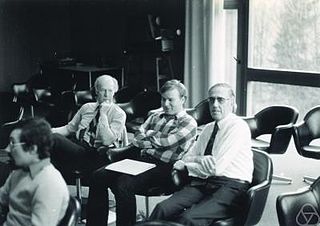
Edmond Malinvaud was a French economist. He was the first president of the Pontifical Academy of Social Sciences.

Debraj Ray is an Indian-American economist, who is currently teaching and working at New York University. His research interests focus on development economics and game theory. Ray served as Co-editor of the American Economic Review between 2012 and 2020.
Benjamin "Ben" Polak is a British professor of economics and management and former Provost at Yale University. From 1999 to 2001 Polak was the Henry Kohn Associate Professor of Economics and is now the inaugural William C. Brainard Professor of Economics. In January 2013, he became the Provost of Yale University.
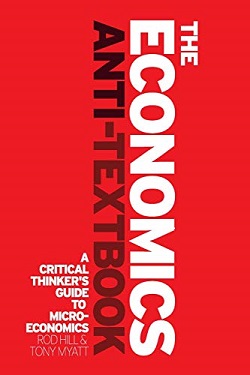
The Economics Anti-Textbook is both an introduction to, and critique of the typical approaches to economics teaching, written by Roderick Hill and Tony Myatt in 2010. The main thrust of the authors' argument is that basic economics courses, being centered on models of perfect competition, are biased towards the support of free market or laissez-faire ideologies, and neglect to mention conflicting evidence or give sufficient coverage of alternative descriptive models. This book has been updated and superseded by The Microeconomics Anti-Textbook and The Macroeconomics Anti-Textbook, by the same authors.
William Bentley MacLeod is a Canadian-American economist. He is Lecturer with Rank of Professor and Research Scholar at Princeton University, and the Sami Mnaymneh Professor of Economics and Professor of International and Public Affairs Emeritus at Columbia University. He is a specialist in the fields of labor economics and health economics, and law and economics.
James Malcomson is a British-Irish economist. He is emeritus Professor of Economics at the University of Oxford and emeritus Fellow of All Souls College. He is a specialist in the fields of labour economics and contract theory.
References
- Hugh Gravelle and Ray Rees. (1981). Microeconomics. Prentice-Hall.
- David Stuckler and Sanjay Basu. (2013).The Body Economic: Why Austerity Kills. New York: Basic Books.